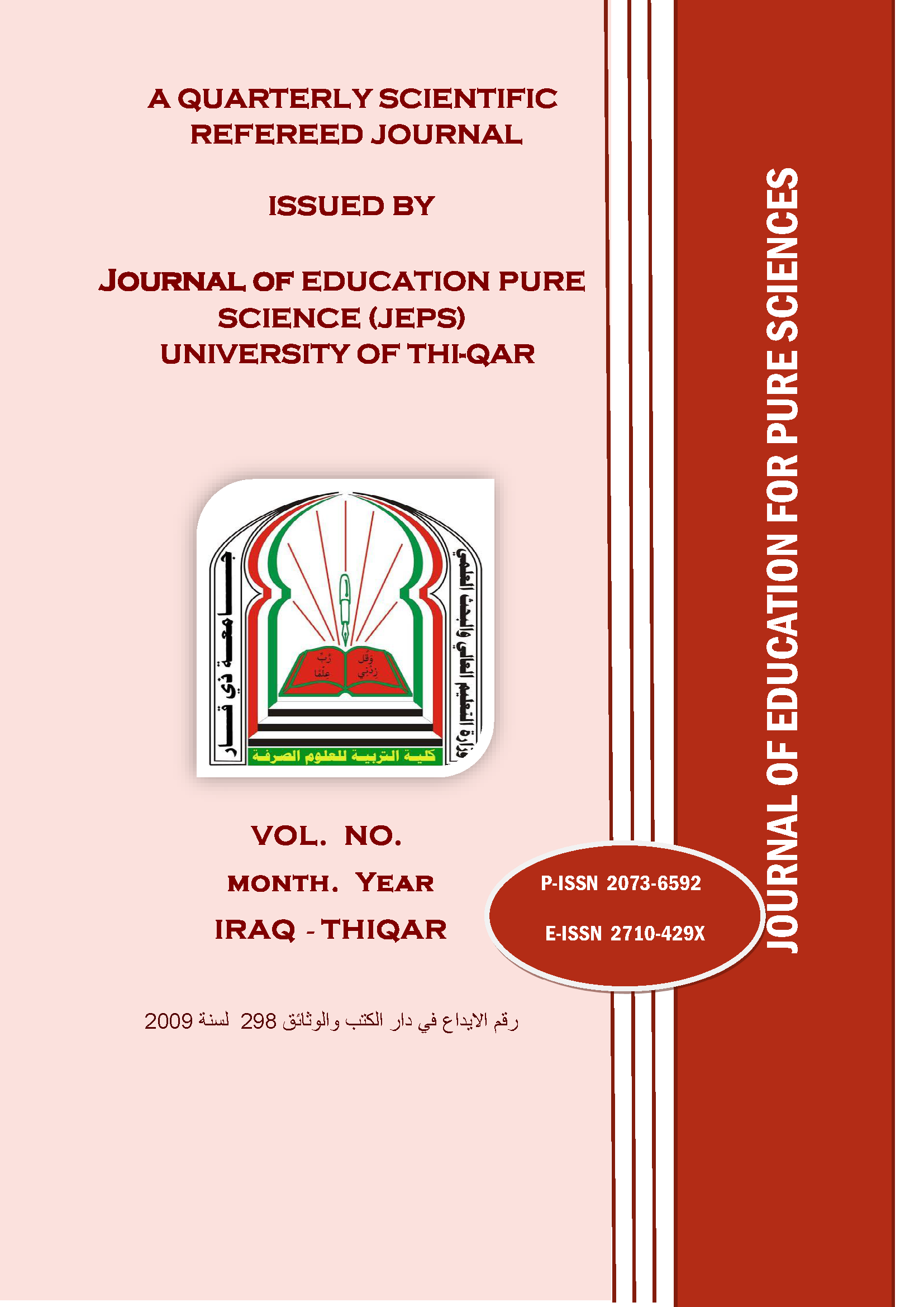An intelligent Model for EEG Sleep Stages Classification Using Wavelet Transform Based Hybrid Features extraction Model
DOI:
https://doi.org/10.32792/jeps.v15i2.571Abstract
Background: High-quality sleep plays a major role in improving brain development and lifestyle. Electroencephalogram (EEG) signals are the most important signals collected by polysomnography (PSG) used for sleep staging. Manual sleep scoring is a difficult task, however, developing an automatic sleep stage is important to support experts to detect sleep disorders in early stage. Method: In this paper, an automatic single-channel EEG signal sleep stages classification model is proposed. A Discrete Wavelet Transform (DWT) based EEG feature is suggested. Three types of features including entropy, linear, and statistical features are extracted and evaluated to score sleep stages. First, we applied the DWT to each 30-second epoch to decompose the signal into five bands. Then, EEG features are extracted from each band. EEG signals from two datasets named Dreams, and EFD sleep are used to evaluate the proposed model. Results: We interpreted the results using essential statistical criteria. The results showed that the use of combination features improves the sleep classification results. Based on the results, with the Dream dataset, the classification accuracy rate, Kappa coefficient, and F-score were found 0.97,0.92, 0.95 For the second database, we obtained 0.95,0.94, 0.93 for accuracy rate, Kappa coefficient and F-score respectively. Conclusions: We developed a method to score sleep stages that can be used by healthcare providers to identify sleep disorders.
Keywords: DWT,
Downloads
Published
Issue
Section
License
Copyright (c) 2025 Journal of Education for Pure Science

This work is licensed under a Creative Commons Attribution-NonCommercial-NoDerivatives 4.0 International License.
The Authors understand that, the copyright of the articles shall be assigned to Journal of education for Pure Science (JEPS), University of Thi-Qar as publisher of the journal.
Copyright encompasses exclusive rights to reproduce and deliver the article in all form and media, including reprints, photographs, microfilms and any other similar reproductions, as well as translations. The reproduction of any part of this journal, its storage in databases and its transmission by any form or media, such as electronic, electrostatic and mechanical copies, photocopies, recordings, magnetic media, etc. , will be allowed only with a written permission from Journal of education for Pure Science (JEPS), University of Thi-Qar.
Journal of education for Pure Science (JEPS), University of Thi-Qar, the Editors and the Advisory International Editorial Board make every effort to ensure that no wrong or misleading data, opinions or statements be published in the journal. In any way, the contents of the articles and advertisements published in the Journal of education for Pure Science (JEPS), University of Thi-Qar are sole and exclusive responsibility of their respective authors and advertisers.





